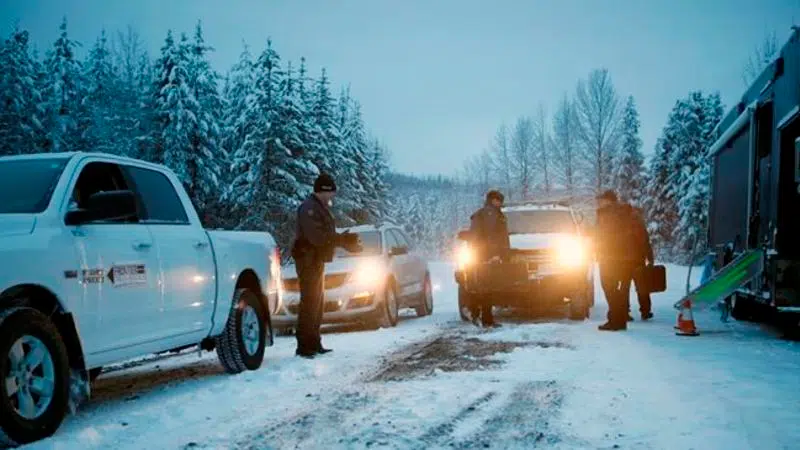
No easy answers in northern British Columbia pipeline impasse: Horgan
HOUSTON, B.C. — The arrest of 14 people who oppose a pipeline on the traditional territory of the Wet’suwet’en First Nation in British Columbia brought back difficult memories for Alexander Joseph.
Sitting by a fire Wednesday outside a police roadblock near Houston, B.C., Joseph said the RCMP actions felt personal to him.
“I come from residential (school), I come from the ’60s Scoop,” said Joseph, 61. “It feels like the same thing is happening over and over again. The RCMP and the government coming in, taking away us, from our own culture, our own nature. And that’s not right.”


